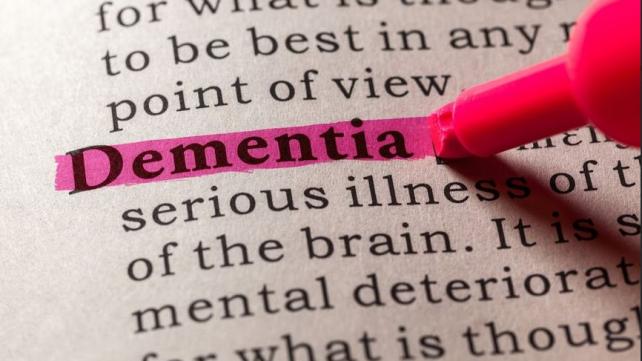
The Holy Quran serves as a profound source of guidance and understanding throughout the various stages of our lives. In Surah Al-Rum, Allah reminds us:
“It is Allah who created you in a state of weakness, then developed your weakness into strength, then developed your strength into weakness and old age. He creates whatever He wills. For He is the All-Knowing, Most Capable.”
(Surah Ar-Rum, 30:54)
This verse illustrates the process of human growth and the inevitable transitions we experience. In conversations about cognitive health, “Alzheimer’s” and “dementia” are often used interchangeably, but these terms represent distinct concepts. Understanding the difference between Alzheimer’s disease and dementia is crucial, as it can significantly impact diagnosis, treatment, and management strategies.
What is dementia?
Dementia is an overarching term for a range of symptoms associated with a decline in cognitive function. Unlike a specific disease, dementia encompasses various disorders that affect memory, thinking, and reasoning skills. The impact of dementia on daily life varies based on the type and stage of the condition.
Common symptoms of dementia include:
- Memory Loss - Difficulty recalling recent events or conversations
- Impaired Reasoning - Challenges with problem-solving, planning, and executing complex tasks
- Disorientation - Confusion regarding time, place, or identity
- Language Problems - Difficulty finding words or understanding language
- Behavioral Changes - Alterations in personality or behavior, such as increased agitation or apathy
There are also types of dementia.
- Alzheimer’s Disease - The most prevalent form of dementia, marked by progressive memory loss and cognitive decline
- Vascular Dementia - Results from reduced blood flow to the brain due to stroke or other vascular issues
- Lewy Body Dementia - Characterized by abnormal protein deposits in the brain affecting movement and cognition
- Frontotemporal Dementia - Impacts the frontal and temporal lobes, leading to changes in behavior and language
What is Alzheimer’s Disease?
Alzheimer’s disease is a specific type of dementia and the most common form. It is a progressive neurodegenerative disorder that gradually destroys brain cells, leading to severe cognitive impairment and memory loss.
Characteristics of Alzheimer’s disease include:
- Memory Impairment - Affected primarily are recent memories and the ability to learn new information
- Cognitive Decline - Difficulty with problem-solving, reasoning, and completing familiar tasks
- Behavioral Changes - Confusion, disorientation, and noticeable shifts in personality
- Language Issues - Challenges with finding words and understanding complex sentences
There are three stages of Alzheimer’s disease. H3 Header
Early Stage - Mild memory loss and trouble with complex tasks
Middle Stage - Increasing memory loss, confusion about time and place, and difficulty recognizing loved ones
Late Stage - Severe cognitive decline, loss of communication ability, and complete dependence on caregivers
Key Differences Between Alzheimer’s and Dementia
Scope - Dementia is a broad term that includes various disorders causing cognitive decline, while Alzheimer’s is a specific disease within the dementia category.
Cause - Alzheimer’s is associated with specific brain changes, such as amyloid plaques and tau tangles. Dementia can arise from different underlying conditions affecting brain function.
Diagnosis - Diagnosing Alzheimer’s involves specific criteria and brain imaging to identify characteristic changes, while diagnosing other types of dementia may involve different tests based on their causes.
Treatment and Management - Treatments for Alzheimer’s focus on managing symptoms and slowing progression, often with medications targeting brain plaques or neurotransmitter function. Other dementias may require addressing their underlying causes, such as controlling vascular risk factors in vascular dementia. There are advances made in this area consistently so it is important to consult your medical practitioners for options.
When navigating cognitive health and the complexities surrounding Alzheimer's and dementia, it is best to recognize the distinctions between the two for a better understanding and to ensure an accurate diagnosis, the most effective treatment options, and a strategic plan forward to enhance the quality of life.
As caregivers, it can be challenging and overwhelming being responsible for managing a loved one's health. As we reflect upon the words of Allah regarding life’s inevitable transitions we should remind ourselves of the importance of and reward that comes with compassion and patience. We ask Allah, the Almighty, Lord of Mankind to remove the difficulty and bring about healing as He is the Healer. Ameen.
Miriam Mohamed is a mother to seven children and a granny to two cats! She loves trying new things and learning cool facts. She has taught in an Islamic school setting, has experience assisting children with special needs, and enjoys volunteering and being a part of the community. Miriam lives in Chicago with her beautiful flowering cherry tree and big family.








Add new comment